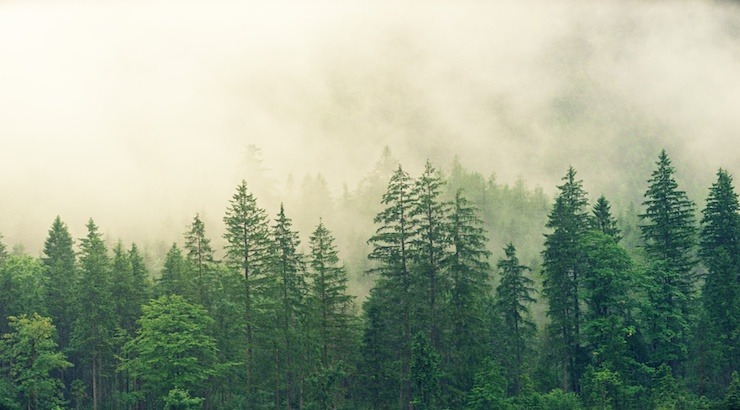You might think I’ve gone out on a limb with this prescription, but if you have a health problem — virtually any health problem — I’d like to suggest that you “Take a hike and call me in the morning.”
Nature Is Medicine
Don’t worry, I’m not recommending that you start climbing trees or going on overnight backpacking trips, but a remarkable new study found that “Living close to nature and spending time outside has significant and wide-ranging health benefits.”
This research suggests that simply taking in nature — marveling at the beauty of a great oak, enjoying the fresh air on a forest trail, looking out over the water, or resting in a shady spot in a park — can do your health a world of good.
These findings have significant implications for how you protect, preserve, or reclaim your health. And they make for an effective “prescription” with no side effects…and no copay. A few of the most important takeaways from the study are that:
- Green space exposure (time spent enjoying fresh air, the outdoors, and the beauty of nature) is positively correlated with better cardiovascular health, lower blood pressure, and a decreased body mass index.
- Spending time in nature helps lower stress.
- Regular exposure to nature lowers your chances of developing type 2 diabetes, many chronic diseases, and premature death.
Nature Cure
This study was recently published in the journal Environmental Research, and it’s the most comprehensive look at the impact of green space exposure on human health to date. It was a meta-analysis of data compiled from other studies that encompassed hundreds of millions of people.
As lead author, Dr. Caoimhe Twohig-Bennett explained “We gathered evidence from over 140 studies involving more than 290 million people to see whether nature really does provide a health boost. We found that spending time in, or living close to, natural green spaces is associated with diverse and significant health benefits. It reduces the risk of type II diabetes, cardiovascular disease, premature death, and preterm birth, and increases sleep duration.”
Green Medicine
What makes experiencing nature so beneficial? The scientists studying this phenomenon don’t really know for sure. But researchers investigating the practice of forest bathing in Japan speculate that “phytoncides — organic compounds with antibacterial properties — released by trees could explain the health-boosting properties of forest bathing.” Other scientists suggest that people who spend time outdoors experience more opportunity for socializing, beneficial exercise, and exposure to a diverse array of bacteria (which stimulate immunity). Other studies suggest that the wavelength of filtered green light in the woods acts like a natural stress reliever.
All of these explanations are plausible, and the science behind them is fascinating…but just because we don’t understand the details, doesn’t mean that we can’t make use of the effect. We are all “of the earth,” and it seems quite clear that just connecting with that source, slowing down our pace, and tuning into the rhythms of nature can help calm and reset our biological clocks in ways that stimulate the relaxation response and improve our health. That’s enough for me.
I experienced something along these lines recently while I was on a ship in Alaska alongside the Hubbard Glacier which is an awe-inspiring river of ice that is 76 miles long and centuries in the making. It’s not exactly “green space” because it’s all blue and white there, but seeing huge icebergs calving of the glacier with a thunderous roar and massive splash — was exciting, calming, and awe-inspiring all at once. It is at times like these, experiencing that majesty and mystery, that the power of nature reveals itself.
But make no mistake, you don’t need to travel far and wide to get that feeling or the health benefit that comes with it. No matter where you live, there is nature near you. It might not be right outside your front door…but you can get there, and you should. I hike in a local park almost every single day. The new research by the team from the University of East Anglia confirms the intuition I experienced both in Alaska and on my daily hikes at home. As Dr. Caoimhe Twohig-Bennett notes, “we found that exposure to green space significantly reduces people’s levels of salivary cortisol — a physiological marker of stress.”
With that in mind, the next time you are feeling pressured and overtaxed, exposure to nature might be just what the doctor ordered.
Take good care,
Dr. Josh









